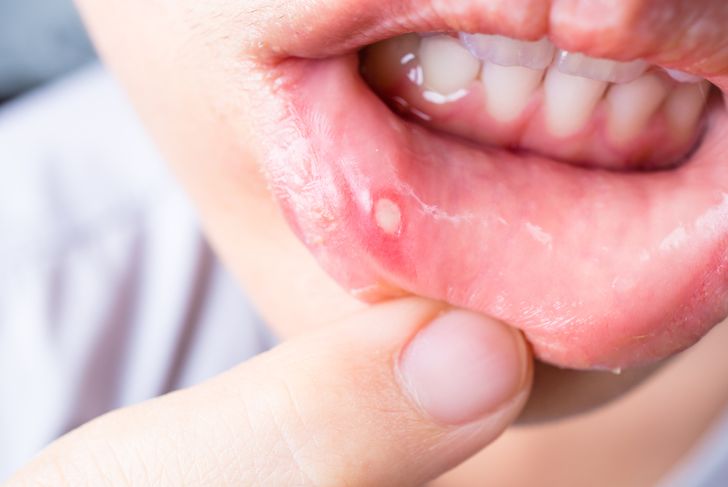You might not know what the doctor is saying when he or she speaks about a folate deficiency, but the meaning becomes apparent as soon as you learn this is another name for a lack of vitamin B9 or B12. In this condition, the body produces many more red blood cells than it needs, so these cells are unable to operate normally. Although anemia is usually linked to a shortage of iron in the bloodstream, an excessive or too small an amount of red blood cells also causes a type of anemia. Folate deficiency can affect a person in several ways.
What are the causes of folate deficiency?
There are many possible causes. It might be a consequence of a condition known as pernicious anemia. This is a malfunctioning of the immune system where instead of protecting cells against the damage it starts to damage cells in the stomach. The harm it causes to the stomach interferes with the absorption of vitamin B12 from the food supply. Other possible folate deficiency causes include following a diet that fails to supply sufficient B12, or it could be a side effect of certain medications that the patient needs to treat another condition.
Which groups of people are most likely to be affected by this problem?
While nobody is immune from developing a folate deficiency, the statistics show that certain categories in the population are more likely to suffer from this problem. These figures reveal that older people face higher risks. For example, the medical services in the UK state that about five percent of those in the 65 to 74 age group have a folate deficiency issue. This figure increases to ten percent in the over 75 group.
A link with shortness of breath
As people age, they may start to feel short of breath. This is an effect of the aging process, but the doctor will want to investigate some other possibilities. Asthma is another prevalent condition that might explain this shortness of breath, but it could be a symptom of anemia caused by a folate deficiency. Once again, from the symptom alone it is impossible to know the cause, and so a blood test is required.
The extreme fatigue symptom
People who suffer from a folate deficiency often suffer from extreme fatigue or tiredness. This is not the exhaustion commonly experienced after a stressful day at work, or a long and strenuous sporting activity. The fatigue that comes from a lack of vitamin B9 or B12 drains the body of energy to a more severe degree. However, the fact that someone feels this way is no proof that they have a folate deficiency issue; it might be a symptom of some other illnesses. Only a blood test can confirm the connection between this condition and folate deficiency.
Experience a pins and needles sensation
Everyone is familiar with the pins and needles pain that occurs after someone has been sitting still in an awkward position for a considerable time. We know there is no reason for any concern since the feeling soon goes away as the body loses its stiffness. If pins and needles come on with no connection to poor body posture, the possibility that this could be a folate deficiency arises. It is a good idea to get a blood test to see if this problem shows up.
Could be a cause of mouth ulcers
Mouth ulcers are another example of a common minor ailment that gives little reason to worry. Perhaps a little too enthusiastic tooth brushing or some other accidental self-injury caused the ulcer. People may ignore these ulcers, and they go away or treat them with a pharmaceutical gel. The issue is not so much how to manage the ulcer but what it might be telling you. These mouth ulcers are another common folate deficiency indicator.
Why does this person feel depressed?
A long list of sicknesses, hormonal changes, or difficult personal circumstances could trigger a depression. A folate deficiency issue is not likely to be the prime suspect, but it is worth appreciating that it can have this effect. When the doctor or psychiatrist has eliminated the most obvious possible causes of the patient’s depression, they will want to check the blood test results to see if the levels of B9 or B12 are abnormal.
Eyesight problems
One of the most disturbing symptoms of folate deficiency appears when a person senses that their vision has become impaired. The fears are easy to understand, and when the doctor discovers it is relatively easy to correct the problem, they feel a sense of relief. Although it is probably unnecessary to warn anyone with sudden vision issues to go immediately to a doctor or optician, it is essential to take care of this matter quickly. The source of the eyesight problem needs identifying, and the appropriate treatment commenced.
Medicinal treatment for folate deficiency
Folate deficiency is usually easy to treat. Doctors prescribe a course of injections and tablets to rectify this imbalance. Usually, they start this treatment with injections of B12 supplements. Subsequent care varies. If the doctor finds the problem linked to diet, it could be sufficient to take B12 tablets between meals and folic acid tablets over a 4-month period. Some patients might require B12 injections on a regular basis from now onwards.
Treating folate deficiency through changes in diet
Some people manage to rectify this health issue by changing their diet. They start eating foods that contain high amounts of folate. Green vegetables are very good sources of folate with Brussels sprouts, peas and broccoli highly recommended. It is also a good idea to boost B12 by eating dairy products, eggs, meat and other foods that contain high concentrations of this vitamin. To avoid the unpleasant symptoms that come with this condition, consult the doctor or dietician for detailed advice on the best diet plan to follow.

 Home
Home Health
Health Diet & Nutrition
Diet & Nutrition Living Well
Living Well More
More




















